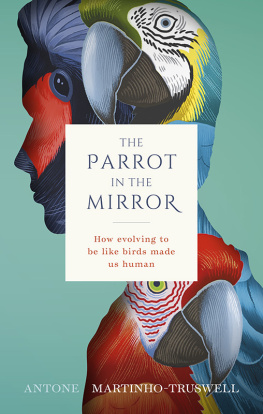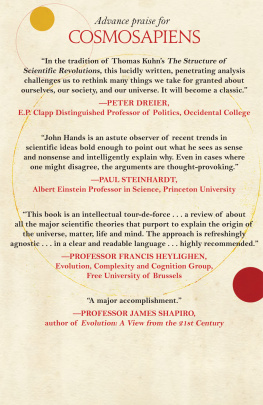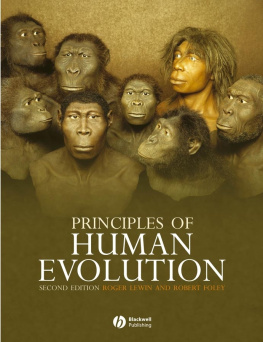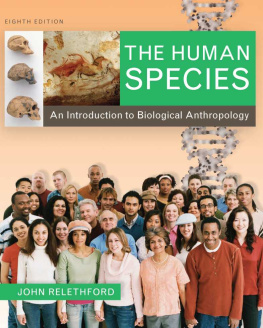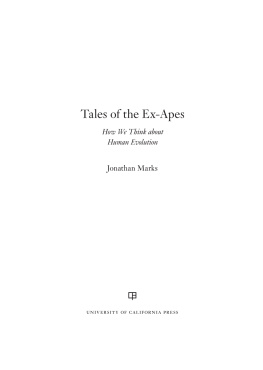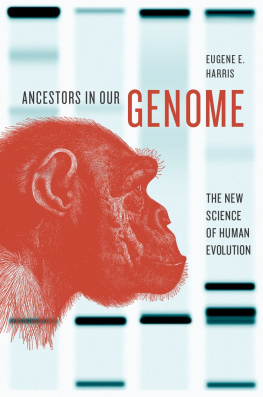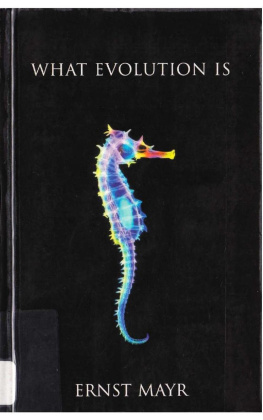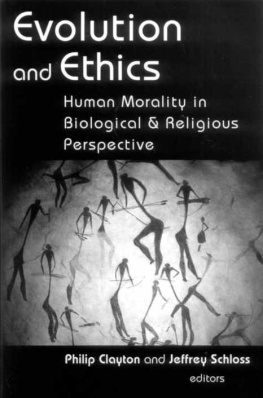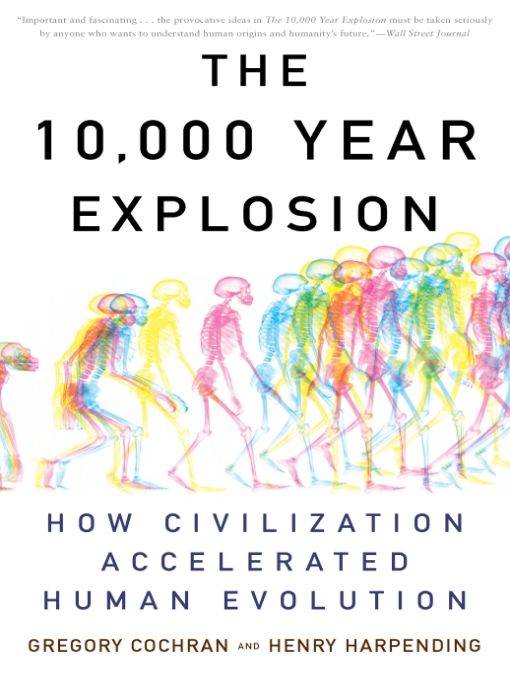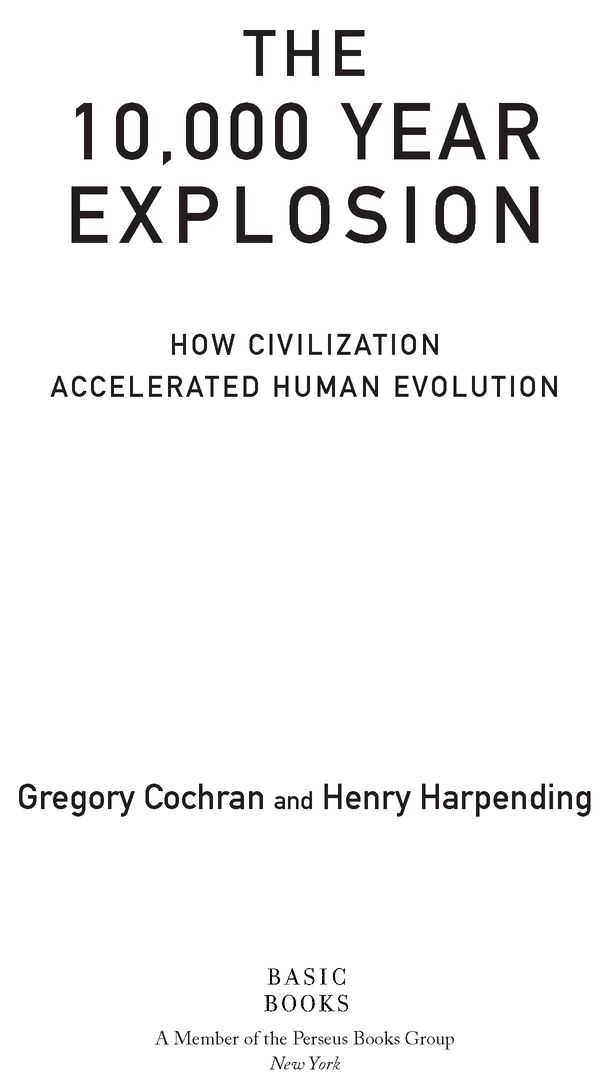Table of Contents
PRAISE FOR THE 10,000 YEAR EXPLOSION
Highly accessible... [Cochran and Harpending] get it when so many paleoanthropologist specialists dont seem to... a revolutionary explanation for recent human evolution and biological variation.
American Journal of Human Biology
The 10,000 Year Explosion would be important even if it were only about population genetics and evolutionary biology, but Gregory Cochran and Henry Harpending... have written something more. This book is a manifesto for and an example of a new kind of history, a biological history, and not just of the prehistoric era.
SEED
It is work destined to launch a thousand careers.
SEED
Cochran and Harpendings book has provided the best example to date of what E. O. Wilson would recognize as consilient history: not history done just with science in mind or even done scientifically, but history done with human biology treated as an essential cause and effect of the stories that history tells, and as a key without which history cannot make sense.
SEED
For anyone interested in human evolution, this book is an absolute must read.
Choice
There is much here to recommend... and their arguments are intriguing throughout... its clear that this lively, informative text is not meant to deceive (abundant references and a glossary also help) but to provoke thought, debate and possibly wonder.
Publishers Weekly
A most intriguing deposition, without a trace of ethnic or racial advocacy, though directed against the proposition that were all the same.
Booklist
Did human evolution come to a screeching halt 50,000 years ago when Homo sapiens emerged from Africa, thus ensuring the psychic unity of mankind? Dont be silly, say the authors of this latest addition to the fast-emerging discipline of biohistory. In clear prose backed by a wealth of hard data, Cochran and Harpending add a biological dimension to the history of our species and hammer another nail into the coffin lid of nothing but culture anthropology.
John Derbyshire, author ofPrime Obsession
The 10,000 Year Explosion offers scientists and historians a new and fertile direction for future research and provides the general public with a better explanation of the past, present, and future of human beings.... I was motivated to read the entire book in a single marathon session.
Bruce G. Charlton, MD, Professor of Theoretical Medicine, University of Buckingham, Editor in Chief ofMedical Hypotheses
For years, human geneticists have been uncovering a picture of human evolution. But now, Gregory Cochran and Henry Harpending are encouraging us to fast forward the discussion.
John Hawks, author ofHuman Evolution
For generations, scientists have seen culture as slowing or halting evolution. In this lively and provocative book, Cochran and Harpending, interpreting recent genetic evidence, stick a stiff finger into the eye that holds that view. Their ideas will be intensely controversial, but they cannot be ignored.
Melvin Konner, MD, PhD, author ofThe Tangled WingandThe Jewish Body
TO OUR FAMILIES
PREFACE
For most of the last century, the received wisdom in the social sciences has been that human evolution stopped a long time agoin the most up-to-date version, before modern humans expanded out of Africa some 50,000 years ago. This implies that human minds must be the same everywherethe psychic unity of mankind. It would certainly make life simpler if it were true. Unfortunately, a recent halt to evolution also implies that human bodies must be the same everywhere, which is obviously false. Clearly, received wisdom is wrong, and human evolution continued. In the light of modern evolutionary theory, it is difficult to imagine how it could have been otherwise.
Since the social sciencesanthropology in particularhavent exactly covered themselves with glory, we have decided to take a new tack in writing this book, one that takes the implications of evolutionary theory seriously while cheerfully discarding unproven anthropological doctrines. Our approach leans heavily on geneticsand with genetic information accumulating at an incredible rate, due to the ongoing revolution in molecular biology, it is an approach that we believe has been very fruitful. At the same time, we make use of paleontology, archaeology, and good old-fashioned history to support our arguments. We think that it is mistake to neglect any relevant information.
A lot of our work could be called genetic history. Its a new kind of history: We share the usual facts, but we use a very different explanatory framework. Traditional historians tell the stories of battles and kingdoms and great men. Some study the history of ideas, or of science and technology. Quantitative historians examine commerce and demographic trends. We, however, are interested in the historical factors that have influenced natural selection in humans, particularly those having to do with the creation and spread of new, favorable alleles. This means that when a state hires foreign mercenaries, we are interested in their numbers, their geographic origin, and the extent to which they settled down and mixed with the local population. We dont much care whether they won their battles, as long as they survived and bred. Were not particularly interested in their cultural baggage unless it changes selection pressures or influences gene flow.
Conventional social sciences, such as history and anthropology, chiefly concern themselves with brain software, by which we mean cultural developments such as mores, mythology, or social structure. Genetic history addresses changes in the underlying hardware, changes in body and brain, which also matter. If they didnt, dogs really could play poker.
For an anthropologist, it might be important to look at how farmers in a certain region and time period lived; for us, as genetic historians, the interesting thing is how natural selection allowed agriculture to come about to begin with, and how the new pressures of an agricultural lifestyle allowed changes in the populations genetic makeup to take root and spread. We take this same approach whether we are looking at the human revolution of the Paleolithic period, the agricultural revolution of 10,000 years ago, or the modern development of the Ashkenazi Jews of Europe, who rose to intellectual prominence in the West quite recently after experiencing unique natural-selection pressures during the Middle Ages.
We arrived at this approach via different paths. Gregory Cochran was trained as a physicistand following theory where it leads, no matter how odd, comes naturally to a physicist. Henry Harpending began his graduate career with enthusiasm for the social sciences. Years of disillusionment with the status quo in these fields led him to into demography and genetics, areas where he believes there is real theory with strong links to the rest of the sciences.
Many colleagues have provided suggestions, ideas, and objections to the material in this book. We are grateful to all of them for their help and their criticism. Particularly prominent among these colleagues are John Hawks of the University of Wisconsin; Robert Moyzis and Eric Wang of the University of California at Irvine (Wang is now at Affymetrix Corporation); and Alan Rogers, Doug Jones, and Renee Pennington of the University of Utah. We have also benefited from discussions with members of the Human Biodiversity Internet discussion group run by Steve Sailer.


